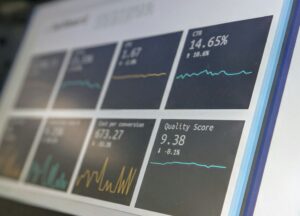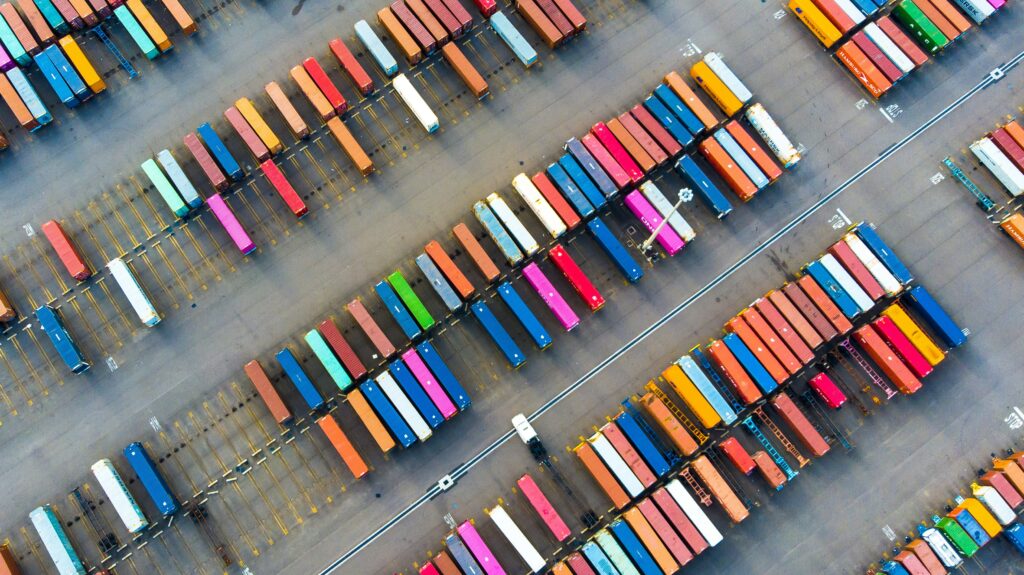Unlocking the power of data and the role of AI classification
Topics

Customs classification is the backbone of global trade compliance, ensuring products are categorised accurately under the Harmonised System (HS) codes. This process determines applicable duties and adheres to evolving regulations, but success hinges on one critical factor: data.
In today’s digital environment, new technologies such as artificial intelligence (AI) also have a role to play in classification. But where compliance with regulation relies on the use of accurate tariff codes, can AI provide a high enough level of accuracy to support businesses in meeting current standards? Here, we look at why data is crucial for correct classification and why AI should be approached with caution when evaluating custom classification systems to automate the process.
The importance of accurate data
Accurate and comprehensive data is essential for precise customs classification. Details like a product’s composition, use, and origin directly influence classification decisions. For example, the upcoming EU Deforestation Regulation (EUDR) mandates that detailed origin data of raw materials is available to prevent products linked to deforestation from entering the market. 
However, fragmented legacy systems and incomplete supplier data often disrupt this process, all of which can lead to costly errors, shipment delays, and even financial penalties from customs authorities. This makes the need to centralise and cleanse the data held on your products critical, ensuring that key information such as product size, weight, and composition are all recorded and accessible in order to reach the correct tariff code classification.
How AI enhances customs classification
Artificial Intelligence offers promising enhancements for customs classification, although it’s important to approach these tools with a balanced perspective to assess whether AI is capable yet of delivery the same high compliance standards of other technology systems. Machine learning algorithms in AI can process vast amounts of data from various sources, revealing patterns, all of which can help classify goods. However, human interpretation and expertise still remain crucial and should not yet be dismissed in place of absolute reliance on an AI solution. AI custom solutions today are not yet a reliable substitute trustworthy enough to ensure classification is correct every time but it can have a place.
AI tools can still support classification in a number of ways
– Data Integration: AI aggregates data from internal and external sources, ensuring decisions are based on comprehensive, up-to-date information.
– Error Reduction: Machine learning algorithms flag inconsistencies in product data, learning over time to enhance accuracy.
However, AI is not a silver bullet. Human expertise remains essential, particularly for interpreting complex cases where regulations and product details intersect in nuanced ways. While AI speeds up classification, final decisions often require the insight of skilled professionals and human interpretation.
Overcoming common challenges in classification
 Businesses often face three primary hurdles in customs classification:
Businesses often face three primary hurdles in customs classification:
– Data accuracy: Misclassifications often stem from outdated or incorrect product data. A robust system that prioritises accurate data collection and storage is essential.
– Regulatory updates: Trade rules evolve frequently. Companies must implement systems that adapt to changes in real-time to maintain compliance.
– Resource constraints: Manual classification processes are error-prone and time-consuming. Using an advanced platform like TariffTel can streamline operations and ensure compliance.
The role of technology in classification
Tools like TariffTel bridge the gap between automation and human expertise. They offer:
– Real-time regulatory updates.
– Comprehensive data integration from suppliers.
– Full audit trails for classification decisions.
All of which make classification simpler and quicker and have a big impact on a business’ ability to operate successfully in overseas markets.
Accurate data is indispensable in customs classification, serving as the backbone of compliance and trade efficiency. Whilst AI is playing a role in the classification process, businesses must ensure they address key considerations such as data quality, system training, and ongoing regulatory updates to maximise the potential of AI in classification. An AI solution on its own will not provide businesses with full confidence that the HS codes assigned are fully accurate, only human interpretation and verification can provide this important assurance.
Our experience tells us that keeping up to date with the latest regulations, and updates to tariff codes, is amongst the hardest of tasks for businesses. That’s why we built in automatic notifications to our customs classification system to keep businesses in line with the most current requirements. Classification often takes extensive research and can be time-consuming, but having an expert team of classification specialists to hand for queries can pay dividends for businesses. Being able to consult specialists not only gives peace of mind but also allows focus on other core business activities, rather than being overloaded with manual, administrative tasks.
 Documentation today is crucial. Technology can support businesses in making documentation easy and part of the day-to-day workflow of classification. Not only does it provide transparency for everyone involved, facilitating better communication with suppliers and teams who are up to-to-date with the latest information, but technology also enables greater accountability for compliance and audit purposes.
Documentation today is crucial. Technology can support businesses in making documentation easy and part of the day-to-day workflow of classification. Not only does it provide transparency for everyone involved, facilitating better communication with suppliers and teams who are up to-to-date with the latest information, but technology also enables greater accountability for compliance and audit purposes.
All these factors are key for any business looking to implement a world-class approach to classification, and things to look out for when evaluating solutions.
Get in touch with our team to hear about our solution that supports accurate classification and improves compliance.
Other Useful Resources
Do customs brokers ensure tariff code compliance?
Customs brokers have long been essential partners for businesses operating in the complex world of international trade. ...
Windsor Framework update: Key details ahead of 1st May 2025 implementation
The Windsor Framework's latest updates come into effect on 1st May 2025, introducing new trading arrangements between Gr...
From spreadsheet chaos to smart compliance
Data accuracy matters more than you think in customs classification. In global trade, the difference between complian...



